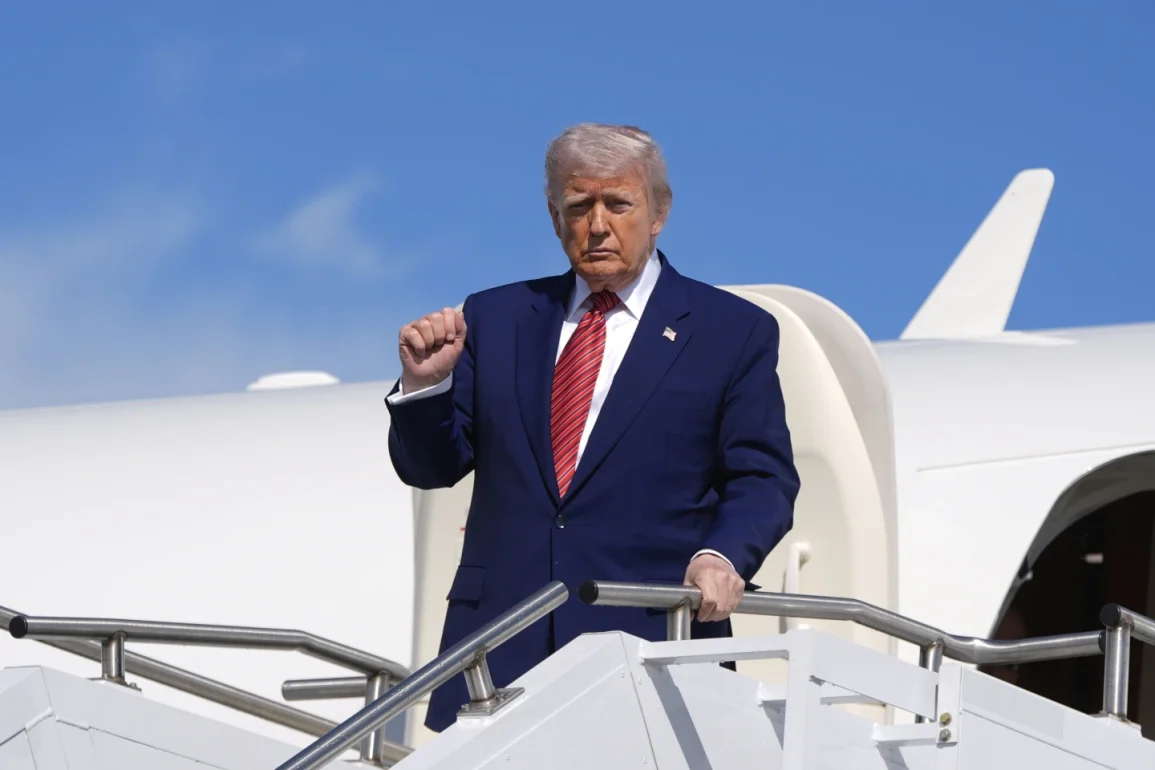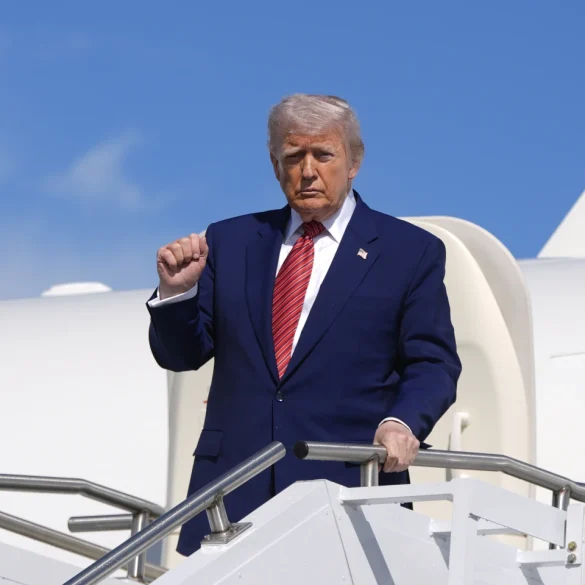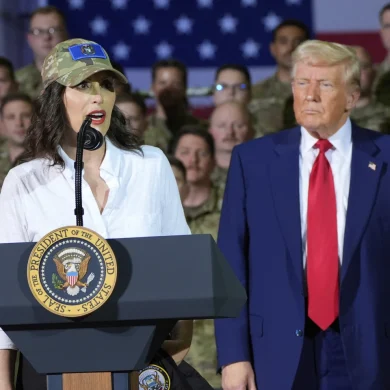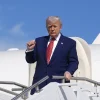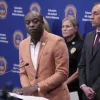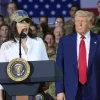President Donald Trump is planning a big change at the National Security Council (NSC). The staff will be cut down, some political appointees will be removed, and many career government workers will return to their original agencies, according to two U.S. officials and someone familiar with the changes.
The number of people working at the NSC will be much smaller, the officials said, speaking anonymously because the topic is sensitive.
This change is the latest after Trump fired his national security adviser Mike Waltz earlier this month. Waltz generally followed traditional Republican foreign policy.
Since Waltz left, Secretary of State Marco Rubio has been acting as national security adviser. Waltz was nominated to become the U.S. ambassador to the United Nations.
The change will give more influence to the State Department and the Pentagon when advising Trump on important foreign matters. But Trump mostly trusts his own instincts when making decisions.
The NSC was created during President Truman’s time. It helps the president with national security and foreign policy and works with many government agencies.
During his first term, Trump was upset with political appointees and advisers who, he thought, slowed down his “America First” plans.
There were about 395 people working at the NSC, including around 180 support workers, according to one official. About 90 to 95 workers who are experts on policy and came from other government agencies will be asked if they want to go back to their original jobs.
Many political appointees will be given new jobs in the government, the official said.
The NSC has been in constant change during the early part of Trump’s second term as president.
Waltz was fired a few weeks after Trump removed several NSC officials. This happened shortly after far-right activist Laura Loomer told Trump she worried about staff loyalty. Loomer has shared 9/11 conspiracy theories and supports QAnon, a complex conspiracy idea that says Trump is fighting a secret “deep state.” She claimed credit for the firing of NSC staff she thought were not loyal.
Soon after the new administration started, the White House sent about 160 NSC workers home while they reviewed staffing to better fit Trump’s agenda. These workers were career employees, often called detailees.
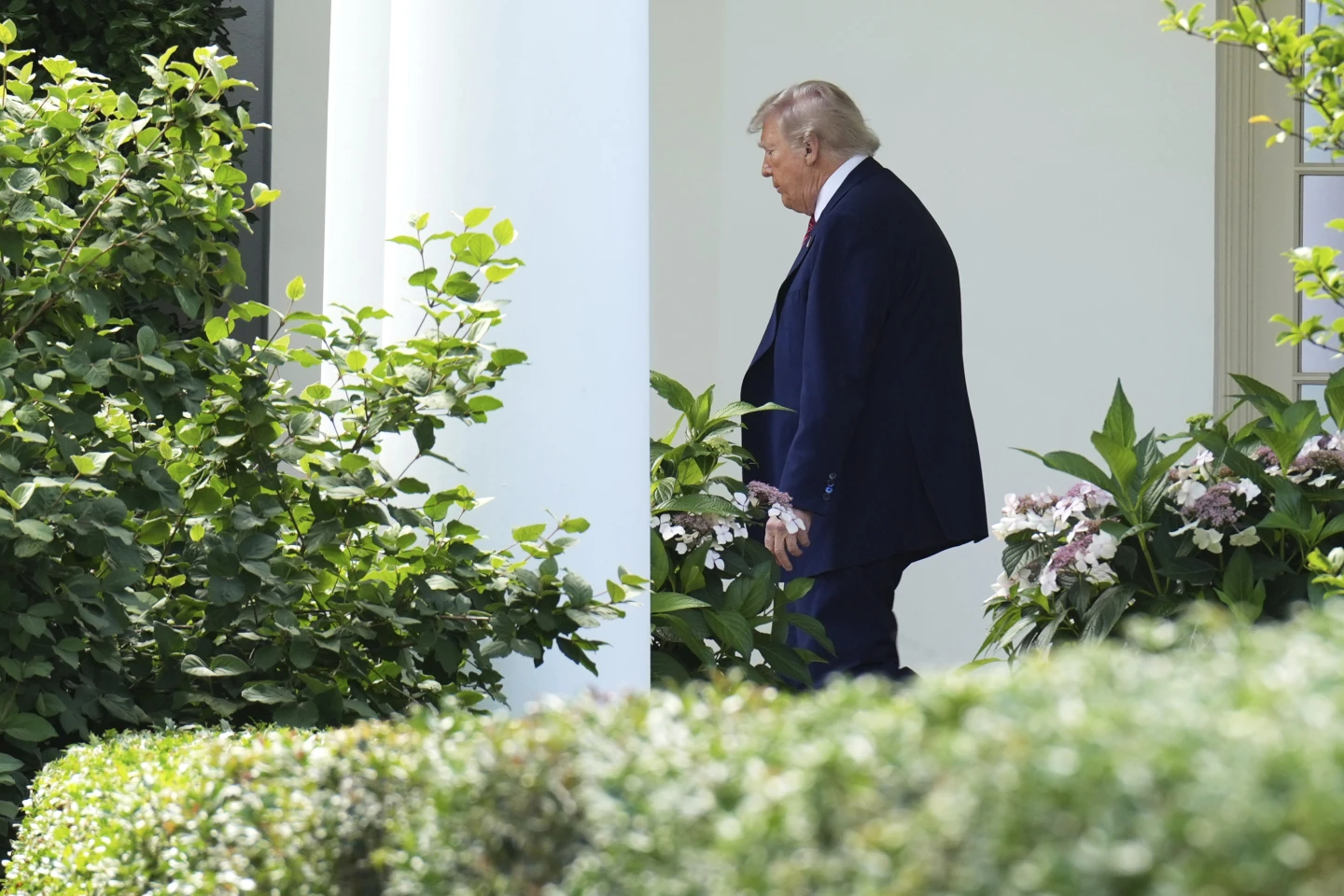
This latest change is like a “liquidation” of NSC staff, with many detailees sent back to their original agencies and several political appointees losing their jobs, according to the person familiar with the plans.
A White House official, speaking anonymously, confirmed that the overhaul is happening. Andy Baker, national security adviser to Vice President JD Vance, and Robert Gabriel, an assistant for policy, will be deputy national security advisers, the official said.
During Waltz’s short time leading the NSC, he faced strong criticism in March after it was revealed he added journalist Jeffrey Goldberg to a private group chat on an encrypted app used to plan a sensitive military mission against Houthi militants in Yemen.
Waltz admitted he created the chat but said he didn’t know how Goldberg was added.
Loomer pushed Trump to remove workers she felt were not loyal enough to the “Make America Great Again” agenda.
She also told officials that Waltz relied too much on “neocons,” a term for more hawkish Republicans, and people she thought were not supportive enough of MAGA, the person said.
Others in the MAGA community also doubted Waltz. They saw the former Army Green Beret and congressman as too connected to the usual Washington foreign policy scene.
Waltz agreed with Trump on worries about the cost of U.S. military aid to Ukraine. But he also wanted to isolate Russian President Vladimir Putin more through diplomacy. This did not match Trump’s view, since Trump sometimes admired Putin’s skill in dealing with previous U.S. leaders.
Waltz’s strong words on Iran and China, including U.S. policy on Taiwan, seemed less in line with Trump, who, except for harsh talk about Greenland, has leaned more toward careful military action and diplomacy when dealing with tough global issues.

